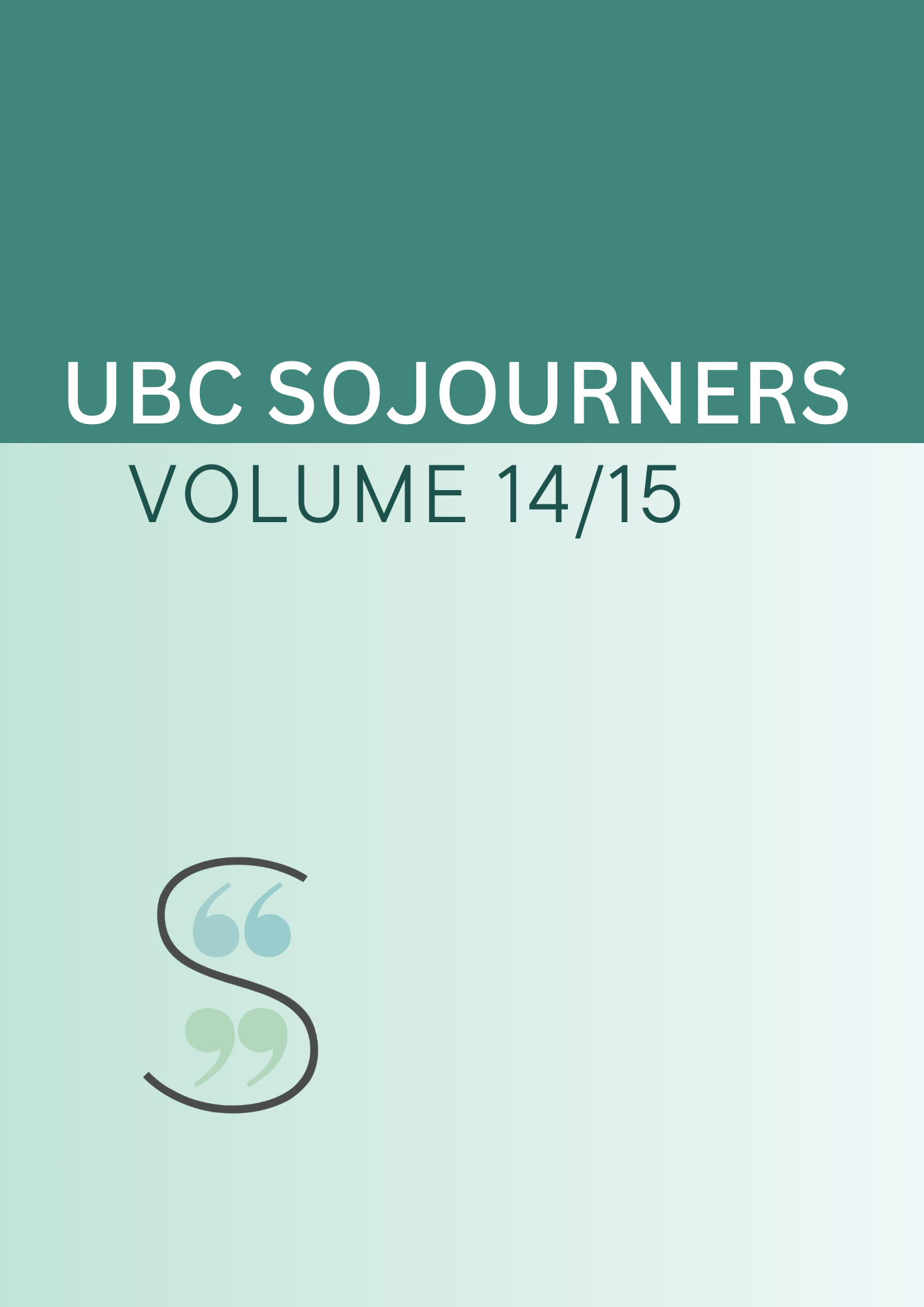Examining Attachment Style in Hookup Culture: The Societal Normalization of Trauma-Based Partner Selection
Abstract
Based on the theory of attachment, individuals are going to love someone the way they themselves have experienced love. As young adults finish their studies and enter their careers, there is a social expectation for many to find a lasting relationship and settle down. If young adults developed an insecure attachment style during childhood, this could lead to the possible recreation of intergenerational trauma when seeking a longterm partner. Much has been written about hookup culture on university campuses and the impacts that it has on mental and emotional health (i.e. Garcia 2012, Machia 2020, etc.), but less has been written on whether the impacts of hookup culture are a product of one’s attachment. My project aims to explore how the attachment styles developed in childhood contribute to participation in hookup culture during university. Twenty participants who identified as current or previous students attending a Canadian university and residing in British Columbia were recruited to participate in this study. A series of semi-structured hour-long interviews were conducted following the completion of a preliminary survey. These surveys examined participants’ attachment styles and self-esteem levels. Participants were also asked a series of questions about their experiences with hookup culture and casual sex. It was found that participants scoring high on anxiety and avoidance are more likely to experience lower levels of self-esteem than participants scoring low on anxiety. However, participants scoring high on avoidance experienced higher levels of regret than participants scoring low on avoidance. Further, individuals that had a fearful avoidant attachment were more likely to experience feelings for a casual hookup partner. Finally, the study found that participants with fearful avoidant attachment were more likely to be single. However, participants with secure attachment were more likely, on average, to have a friend with benefits or one night stand than insecure participants.
Downloads
Published
Issue
Section
License
Copyright (c) 2023 Sojourners Undergraduate Journal of Sociology

This work is licensed under a Creative Commons Attribution-NonCommercial 4.0 International License.

